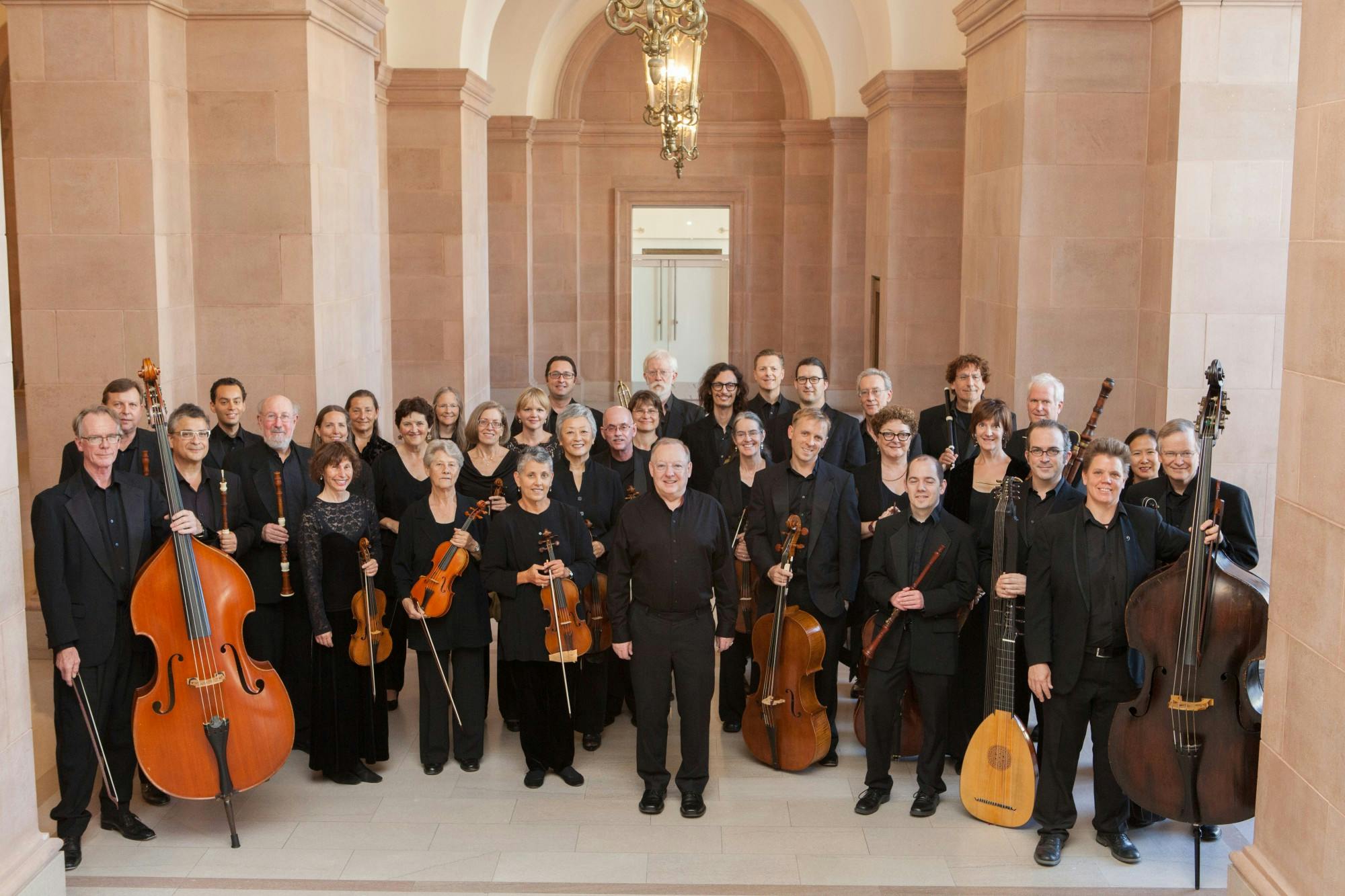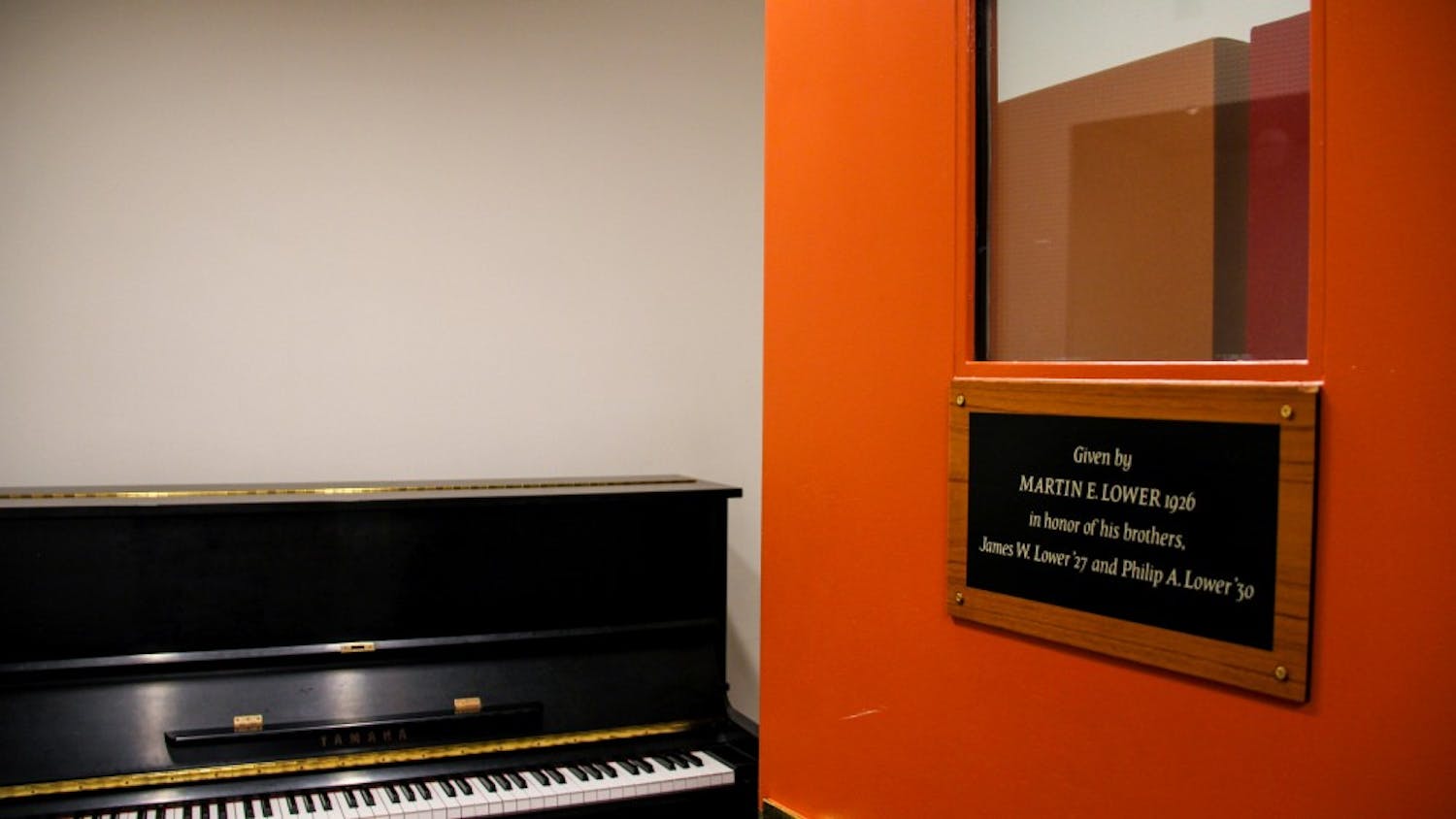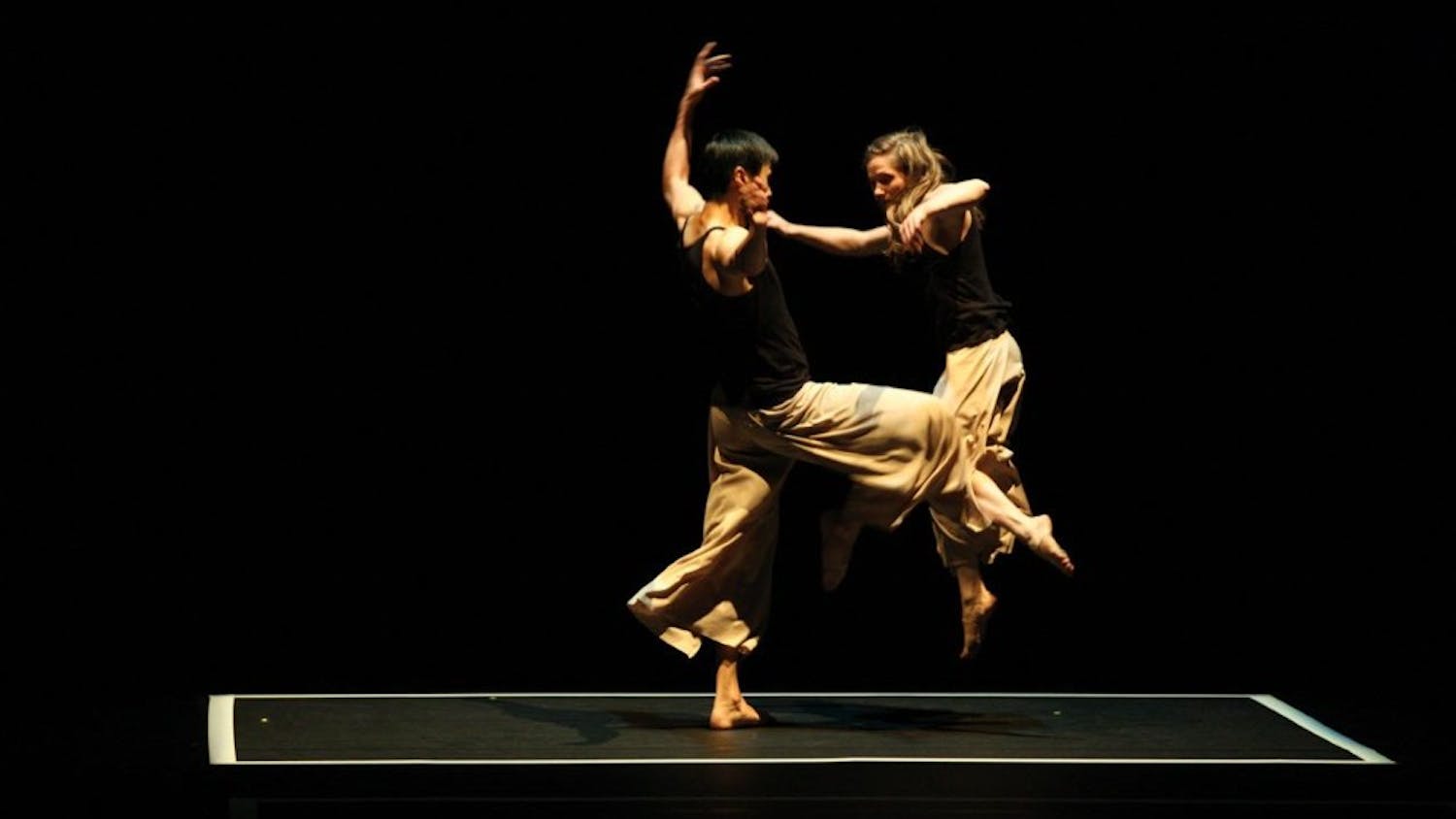This evening at the Spaulding Auditorium, the Hopkins Center will welcome an incredible performing group to campus: The Philharmonia Baroque Orchestra and Chorale, which will explore the works of Jewish violinist and composer Salamone Rossi. According to its website, the PBO’s mission is to represent history on the modern stage, recalling the sounds of the past with period-specific details that accurately depict the beautiful orchestral melodies of the Baroque, Classical and Early Romantic periods.
In order to preserve the legacy of the musicians whose music they perform, the orchestra pays critical attention to replicating the proper instruments, technique and even energy used in historical performances. Founded by Laurette Goldberg and directed now for the last year by Nicholas McGegan, the PBO is an unmistakably powerful force of music working to keep the past alive.
What’s special about this performance is its focus on music that rises out of oppression and marginalization in an early and little-known sector of Europe: the Jewish ghettos of 17th-century Italy. As part of the PBO’s Jews and Music Initiative, this performance is focused on the music of Salamone Rossi, a 17th-century Italian composer.
According to McGegan, as a music ensemble performing early historical music, the PBO places a heavy emphasis on historical accuracy, and specific instruments and musical techniques allow them to capture the spirit of the time. Through the use of baroque bows, harpsichords and even original editions of some of the sheet music, the PBO brings its music to life in the context of its time period, ensuring that the audience gets to experience it in the exact way that Rossi envisioned it in the 17th century.
Little details like ornamentation and the proper pronunciation of Italian Hebrew are essential to the musicians of the PBO, according to Bailey and McGegan. Everything is produced with meticulous attention to detail that undoubtedly makes the PBO’s performances nothing short of spectacular.
Achieving this level of accuracy requires research into music, history and Jewish culture, which is the specialty of Italian Jewish scholar Francesco Spagnolo, who will be adding another layer of cultural understanding to the show through his commentary.
“Putting that all together and then breathing life into it [makes the performance] like listening to the sounds of 400 to 500 years ago and feeling like it’s something happening now,” Bailey said. The magic of bringing the past to the present is the distinguishing feature of the PBO, and tonight’s performance will undoubtedly live up to that reputation.
Tonight’s performance also features guest soloist Sherezade Panthaki, who will sing the part of Salamone’s sister, Europa. A very well-known soprano at the time, Europa toured all over Europe and was the first Jewish opera singer to gain fame and recognition even outside of the Jewish community.
According to McGegan, Panthaki follows Europa’s original style faithfully and sings difficult pieces with grace and clarity. Panthaki is also open to sharing her expertise with Dartmouth students; according to Bailey, Panthaki taught a master class on Monday evening to help vocal students improve their singing and offer her knowledge about Baroque music.
“It’s incredibly helpful to hear from an expert who has a completely different teaching style from your teacher,” said Abigail Johnson ’23, who attended the masterclass led by Panthaki. “You just get a fresh perspective — you get some new ideas that you may have never heard before.”
McGegan said he will also teach a class today on playing Monteverdi and other artists from the same time period as Rossi.
Rossi brought Baroque melodies to the salons of Italian nobles and common synagogues alike. His contributions to the music of his time were undeniable, and he was a shining example of the culmination of the Renaissance in Italy. From his small hometown of Mantua, Rossi rose to stand alongside composers like Claudio Monteverdi and Giovanni Gastoldi, popularizing Baroque music and bringing a unique cultural and ethnic perspective to the orchestra.
“At the time, you didn’t bring Judaism out of the ghetto,” said Hop publicity coordinator Rebecca Bailey. “Here, you have somebody who was a European of his time but also a Jew, and so there were certain limitations on what he could do. He had to play by the rules of Italian society at the time, but he also wanted to write for his own people, for his own faith. He brought the music of Italy at the time into the synagogue and brought some of the identity of the Jews into Italian court life.”
The connections that Rossi forged between the religion and culture of his minority group and the Italian high society at the time were strong and completely novel. Never before had traditional Jewish synagogue music been such a staple in courts, banquets and weddings.
“He lived in, as it were, three worlds,” McGegan said. “He wrote for the theater, he wrote music for the synagogue in Hebrew and he wrote madrigals — love songs — in Italian.”
By exploring and influencing so many varied types of art forms with his musical compositions, Rossi was a force of nature in uniting and blending different parts of Italian Jewish culture and introducing the traditions of his minority group to a much wider audience.
“He’s using these tunes from the synagogue, which are thousands of years old, and giving them a sort of Baroque twist,” McGegan added.
Rossi found ways to bring his faith to the forefront of Renaissance art and express himself to positive acclaim, despite the hardships he faced at the time. In fact, Rossi’s achievements were so stunning to the Italian nobles that he was made exempt from wearing the yellow badge that was required of Jews in Mantua for self-identification. Rossi’s undeniable musical talent and passion for sharing his culture with the world made him a fascinating character in the 17th century.
For those interested in history, music, Jewish culture — or any combination of the three — this performance is a must-see.




